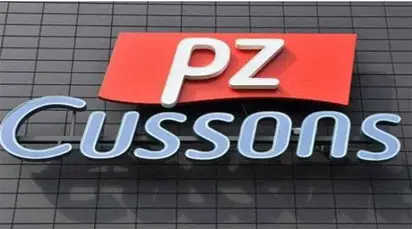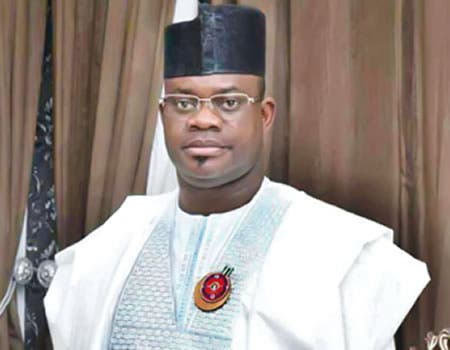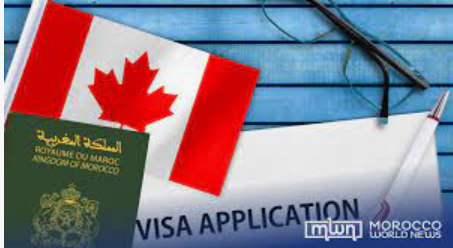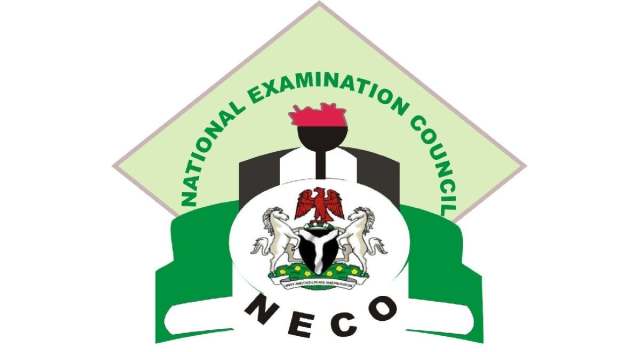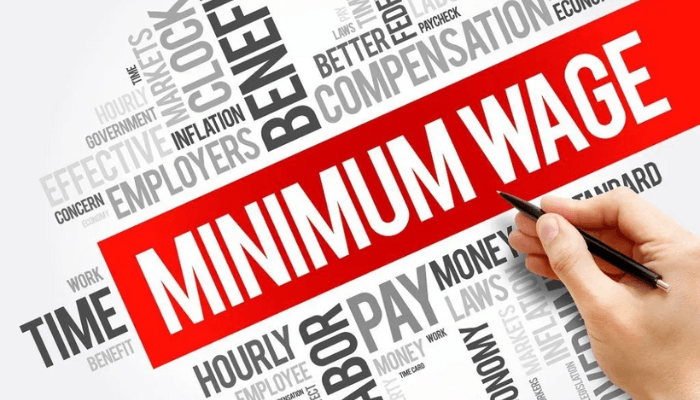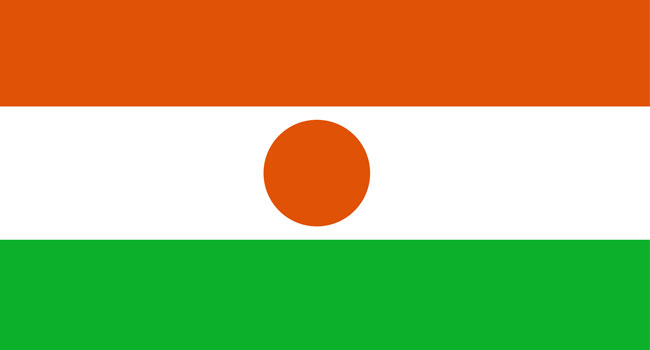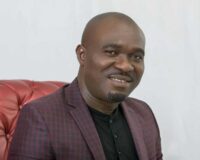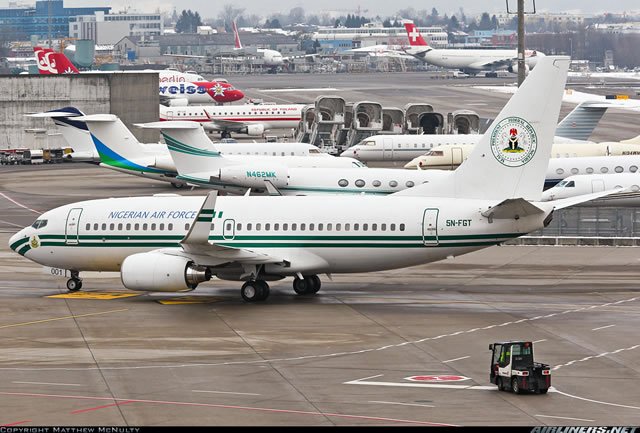Report: 91 Killed in Nigeria road accidents in 8 days
Within eight days in September, the Federal Road Safety Corps (FRSC) has recorded three landmark crashes that claimed the lives of 91 people, FRSC Corps Marshal, Shehu Mohammed, has lamented. Speaking in a press briefing and meeting with stakeholders in Abuja on Thursday, he said the crashes included one that occured in Niger State on […]


